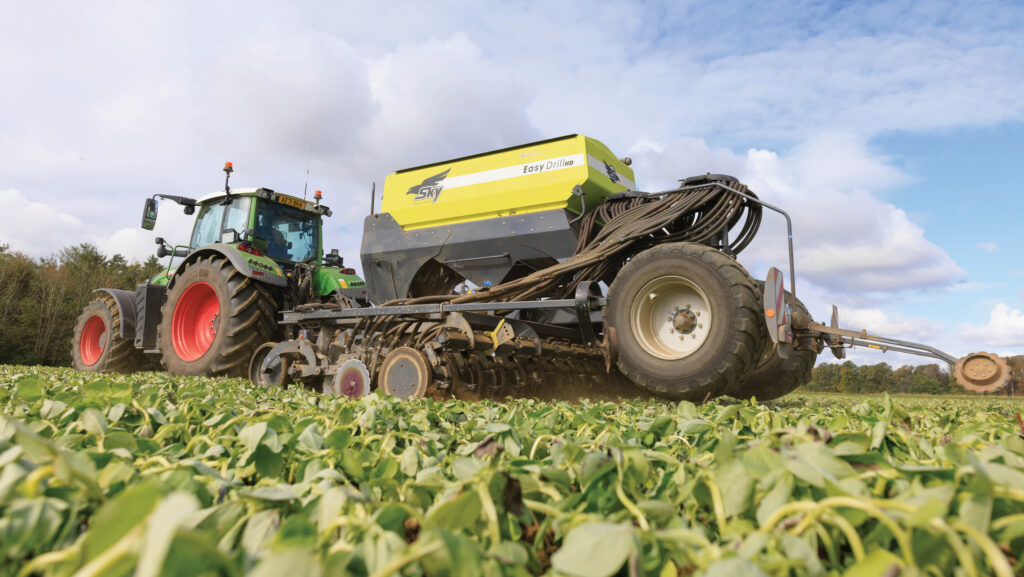Inflation justifies significant ag budget increase says industry
 © Tim Scrivener
© Tim Scrivener Inflationary pressure during recent years has meant that the £2.4bn funding pot for agriculture in England is worth considerably less in real terms than when it was set.
Richard King, partner and head of business research at consultancy firm Andersons, said the agricultural budget had been static in nominal terms since 2007.
He said: “Under the Common Agricultural Policy, the budget just got rolled over by the same amount year-on-year and during that time inflation has gone up by 60%, so we have had a real-terms decrease.”
See also: Long wait for Budget puts Defra’s plans ‘on pause’
Andersons’ own prediction is that farm spending by government is likely to remain fairly static, possibly with a small rise, but not reversing real-terms decreases.
Mr King said the Budget on 30 October is likely to set government departmental spending for the 2025-26 financial year and may well also make in-year changes for the current year, with money potentially being clawed back.
He added that a more comprehensive spending review was expected next spring, which should cover a minimum of three years, and provide a bit more certainty through to the end of the agricultural transition in England.
As a result of inflation, the NFU has called for government to increase the agricultural budget to £4bn in England, which would equate to a UK-wide agricultural budget of £5.6bn.
Economic modelling
AHDB financial modelling found that the current farming budget for England would need to increase by at least £1bn to £3.4bn just to negate the impact of inflation under the previous government from 2019 to 2024.
Analysis by AHDB senior economists Amandeep Kaur Purewal and Megan Hesketh found that farm input costs increased by 44% between December 2019 and May 2024.
The report said: “Over this period, the impact of this total funding pot has been limited by two factors – underspend and inflation.
“While farm input costs increased by more than 40%, the total funding pot for agriculture has remained constant at £2.4bn since 2019, thus eroding its value in real terms.
“To account for the effect of inflation, the farming budget would need to increase by 44% to £3.4bn. This is without considering any other spending required to support the farming sector.”
